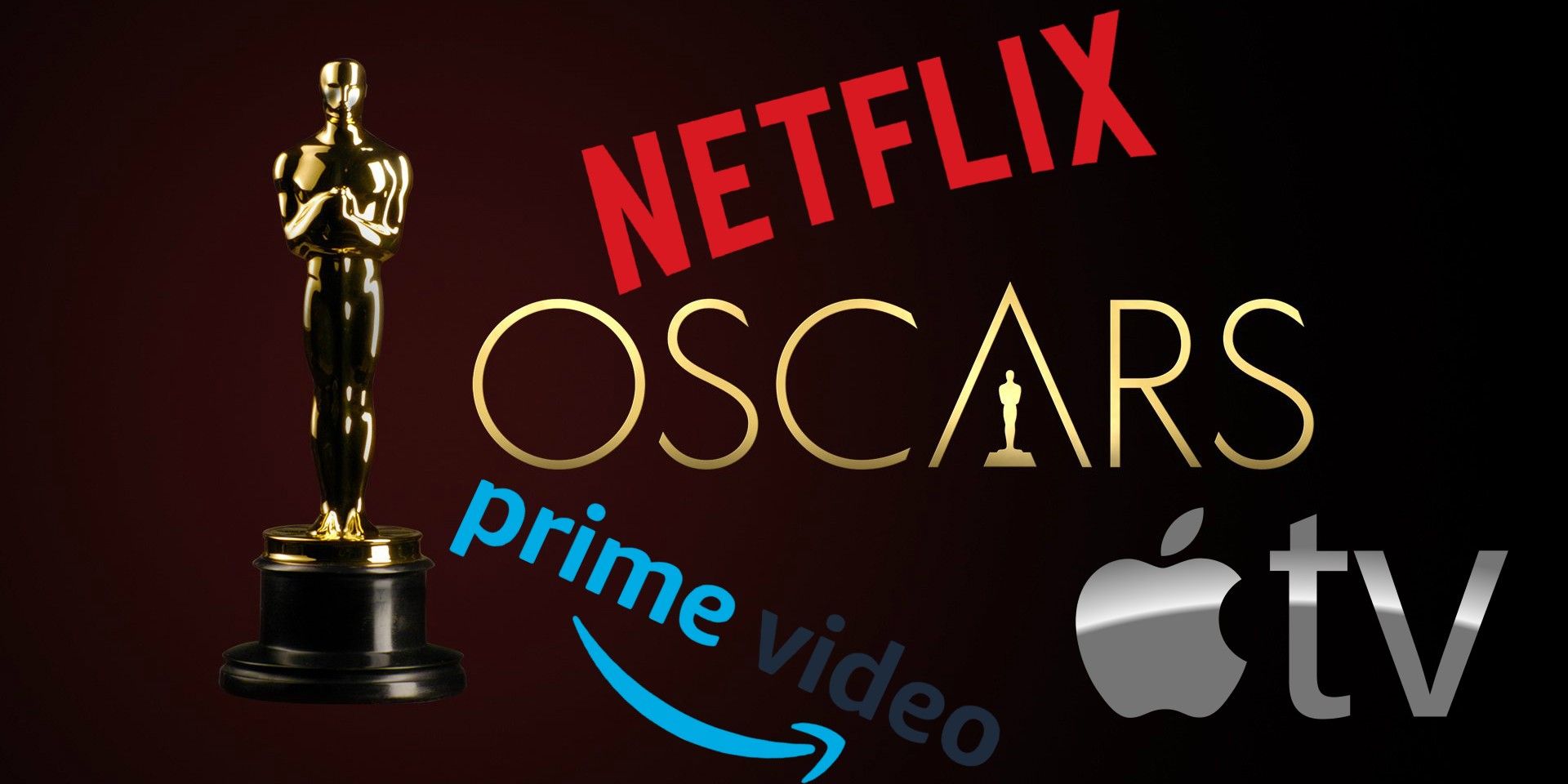The 2021 Oscars is going to be a very different ceremony - here are all of the Academy's new rules explained. The 2019-2020 coronavirus pandemic has crippled everyday life across the globe, and one of the many industries affected by the spread of the virus is TV and film. The lockdowns and social distancing designed to halt the spread of COVID-19 has resulted in many major movies halting production, with everything from The Batman to The Matrix 4 forced to delay filming. Even projects that had wrapped are now struggling to complete post-production. These significant delays obviously have a domino effect on subsequent releases, and the movie calendar for 2020 and 2021 is continuously morphing in response to the virus and the restrictions put in place to fight it.
Such upheaval and uncertainty leaves next year's awards season in a curious predicament. 2020's theatrical release slate is essentially on hold and there's no fixed timetable for its return. Some countries are set to ease restrictions in May, but normality won't resume for some time, and the aftershock of coronavirus could certainly rumble through the entertainment industry for the rest of the year. With less movies hitting theaters and less customers paying to see them (if any), candidates for the 2021 Oscars could be thin on the ground. All in all, it could be a good year for Sonic the Hedgehog. Cancelling 2021 awards season altogether still can't be ruled out, but the Academy recently released an updated set of guidelines for next year's event, indicating the current plan is to push on and acknowledge the precious few movies that did actually manage to premiere in 2020.
The big headline is that streamed films will now be eligible for the 2021 Oscar awards, whereas candidates previously had to debut in a Los Angeles theater for 7 consecutive days. According to an Academy press release, this new allowance applies only to films that planned to release theatrically, but were forced into premiering online by the pandemic. The announcement stresses that this rule change will only be applicable for the upcoming ceremony, and the traditional qualification rules will be reinstated for subsequent years. The Academy also vaguely stipulate that sometime after theaters resume normal operation, this exemption will expire, and any Oscar hopefuls released during this period will need to meet the usual theatrical run criteria.
When this time does come, however, another rule change will come into effect. Usually, a movie must be released in Los Angeles theaters in order to be considered for the Oscars, but the Academy have now added other locations to that list, including New York, Chicago and Atlanta. In a final change, movies that would usually be eligible for the Oscars through screening at a film festival can now submit their entries online, but again, only if their festival premiere was cancelled due to coronavirus. Other, non-pandemic related, rule changes are Sound Mixing and Sound Editing being combined into one award, and the percentage of original music required to be nominated for Best Original Score being set at 60% for original movies and 80% for sequels and franchise films.
The new rules concerning streaming and non-theatrical release represent the Academy attempting to maintain their usual standards of tradition and theater sanctity, while also acknowledging that Best Picture would've been awarded to Bad Boys For Life if the rules weren't adjusted. Measures have been put in place to try and ensure films that wouldn't usually be eligible remain excluded from the 2021 ceremony, but where previous years have seen streaming services such as Netflix deploy divisive tactics in order to make their potential Oscar contenders eligible for nomination, the process will now be easier, in theory at least. While it remains to be seen how aggressively the Academy will enforce their updated guidelines on films that premiere on a streaming service, it's possible that the change could result in more representation for Netflix, Amazon Prime and Apple TV than previous years.
This is a fairly drastic move from the notoriously old-fashioned Academy, and one that highlights the narrow selection of films that will be available to them at the end of the year. Assuming the event goes ahead, 2021's Oscar nominations could be an eclectic bunch, with more reliance on streaming originals, blockbusters and perhaps even (whisper it) superhero movies that wouldn't have made the cut any other year.


